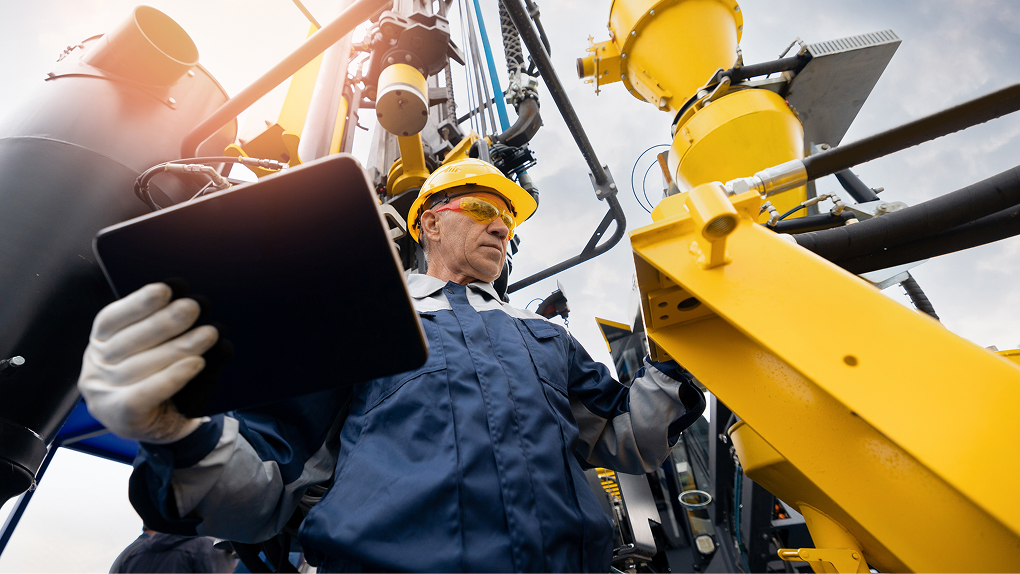


Getting injured offshore can be traumatic and confusing. Whether you were working on a rig, a supply vessel, or a fishing boat, it’s important to take the right steps immediately after an injury. Your health, your job, and your ability to recover compensation all depend on what you do next.
Offshore workers face unique dangers, from heavy equipment to unpredictable weather and remote locations. When something goes wrong, the consequences can be life-changing.
In this blog, we’ll walk you through exactly what to do after an offshore accident and how to protect your legal rights.
As soon as you’re able, report your injury to your supervisor, safety officer, or captain. Even if the injury seems minor, it’s essential that it’s documented. Delays in reporting can raise questions about when and how the injury happened.
Seek medical care as soon as possible. Offshore employers are responsible for providing prompt and adequate medical treatment. If you’re offshore, this might mean being airlifted or transported to the nearest facility. Once home, follow up with your own doctor for a second opinion.
If you’re physically able, take photos of the injury site, your injuries, and any equipment involved. Write down the names of witnesses and details of what happened. This documentation can become crucial later when you’re trying to prove negligence or unsafe working conditions.
After an injury, you may be asked to fill out forms or give a statement. These documents can be used against you later. Speak to an offshore injury lawyer before signing or recording anything. Protect your right to compensation by getting legal advice early.
The company’s insurance adjuster may sound friendly, but their job is to limit your payout. Their goal is to settle quickly and cheaply. Don’t accept any offers until you know the full extent of your injuries and legal rights.
Maritime injury law is complex. Between the Jones Act, general maritime law, and potential third-party claims, you need a legal team that understands the offshore industry. If you’ve been hurt offshore, we’re here to help you get the care and compensation you deserve.